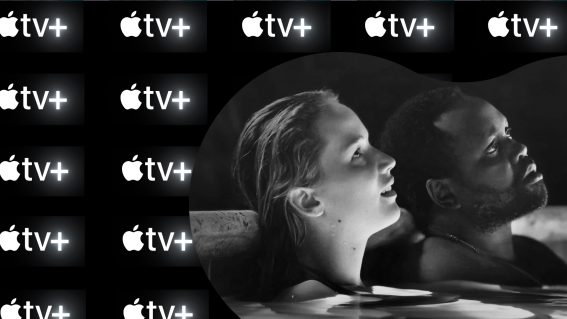NZIFF 2020 Q&A: Ngā Whanaunga Māori Pasifika Shorts
We get to know the seven filmmakers involved.
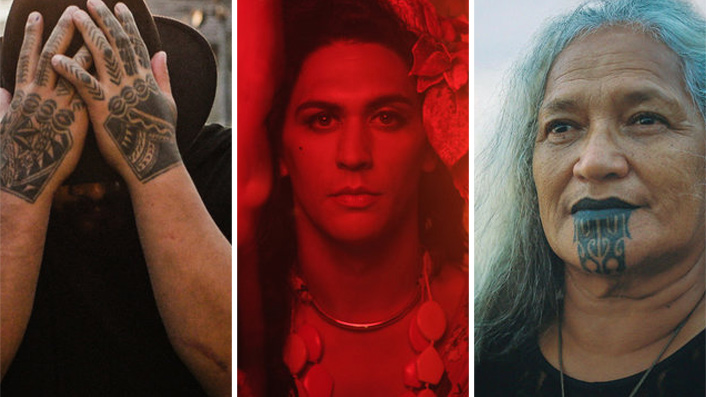
Find out more about the short films in Ngā Whanaunga Māori Pasifika Shorts, streaming online (and playing in select cinemas) as part of Whānau Mārama: New Zealand International Film Festival 2020, running 24 July to 3 August.
Hear from the directors of each of the films screening in Ngā Whanaunga Māori Pasifika Shorts, curated by Leo Koziol (Ngāti Kahungunu, Ngāti Rakaipaaka), Director of the Wairoa Māori Film Festival, with guest co-curator Craig Fasi (Niue), Director of the Pollywood Film Festival.
See also:
* Mini-reviews of Whānau Mārama: New Zealand International Film Festival 2020
* All our Q&As with this year’s filmmakers
* Steve Newall’s early picks from the programme
* Liam Maguren’s early picks from the programme
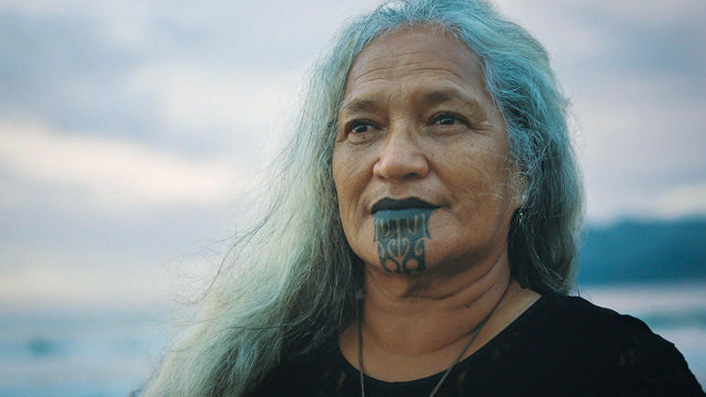
Kath Akuhuata Brown, director of Purea
Describe your film in EXACTLY eight words.
A Māori elder journeys to her ancestral mountain.
What drove you to tell this story?
I was driven by love of those things that fill my heart, my whānau, culture, our connection to the land and water, those things that nourish us physically and spiritually.
What reaction are you hoping to get from audiences?
I hope that this short film carries audiences home to those they hold dear.
Can you share your favourite memory during your time making this film?
Filming in the community I was raised in, and being supported during the shoot by that community.
What was the last great film you saw?
Roma.
See also:
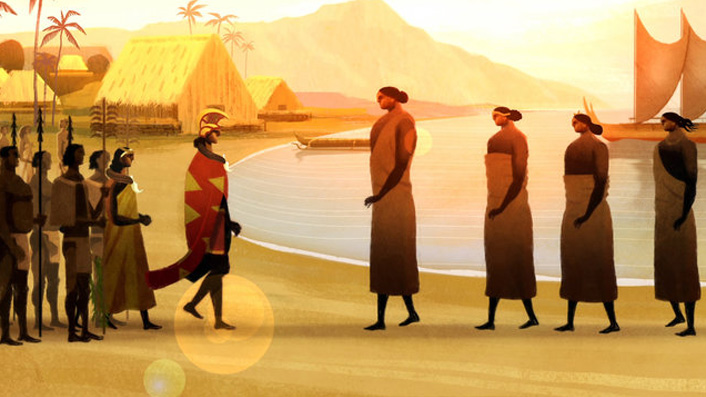
Hinaleimoana Wong-Kalu, director of Kapaemahu
Describe your film in EXACTLY eight words.
Reawakening a Hawaiian story of transgender healing spirits.
What drove you to tell this story?
There are many reminders of the discrimination, hate and violence directed at those who fall outside the narrow confines of the western gender binary. We wanted to tell a story and call attention to a place that honours and respects our skills, achievements and contributions, especially as indigenous healers in this time of need.
What reaction are you hoping to get from audiences?
Amazement.
Can you share your favourite memory during your time making this film?
The moment the original handwritten manuscript of Kapaemahu was discovered in a dusty bin in the UH library.
What was the last great film you saw?
I Lost My Body (Dir: Jeremy Clapin).
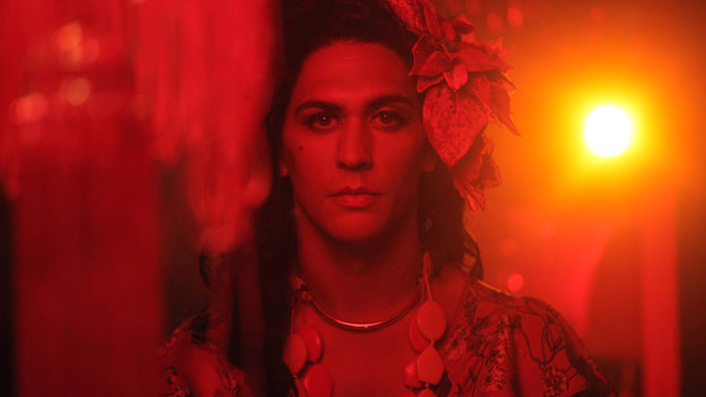
Mika X, director of GURL
Describe your film in EXACTLY eight words.
Retro – Māori – kiwi – drag life – love and loss.
What drove you to tell this story?
Passion.
What reaction are you hoping to get from audiences?
Hope, joy, loss and giggles.
Can you share your favourite memory during your time making this film?
When Barrie Ewens (set and props creator) first showed me the magic bed in action.
What was the last great film you saw?
Merata: How Mum Decolonised the Screen by Heperi Mita.
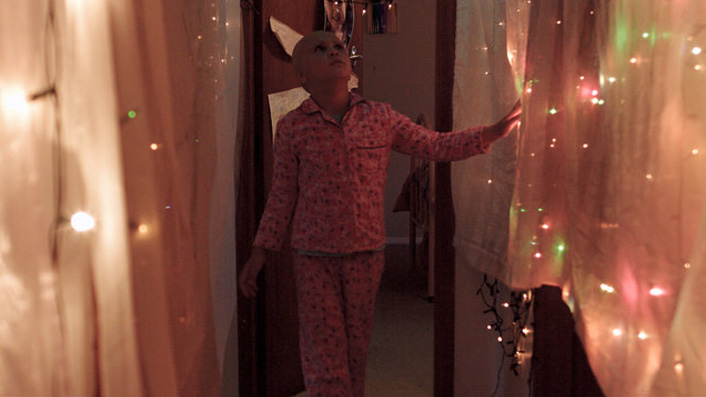
Mark Papalii, director of Emily
Describe your film in EXACTLY eight words.
Love is eternal but life can be short.
What drove you to tell this story?
I lost someone very close to me from cancer and I wanted to show the feelings of those of us who need to find a way to cope with the helpless feeling we have of not being able to make them better but the only thing we can do is make their last few days enjoyable.
What reaction are you hoping to get from audiences?
I want the audience to connect with the characters. Most people would be able to relate to the story whether it be from personal circumstances or putting yourself in their shoes and imagine it happening to their aiga. I want them to leave with an appreciation of life and those important people around them, living each day to the fullest until the end.
Can you share your favourite memory during your time making this film?
My favourite memory would be day one of shooting, I had been wanting to make the film for a long time. Having everyone on set, knowing my script almost as well as I knew it and calling action for the first time was pretty memorable.
What was the last great film you saw?
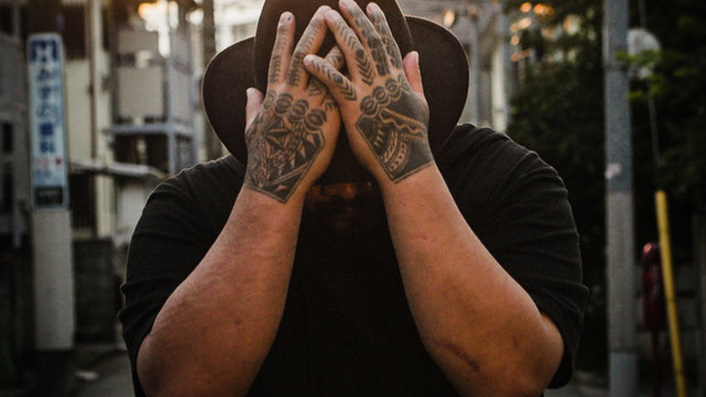
Robert George, director of I Am the Moment
Describe your film in EXACTLY eight words.
A meditation on working with a creative soul.
What drove you to tell this story?
For me, artists play an important role in any society. I think, what drove me to tell this particular story was the chance to give an audience a glimpse into the mind of one of Aotearoa’s top artists, Kalisolaite ‘Uhila.
What reaction are you hoping to get from audiences?
If the audience has an emotional reaction to the film and/or Kalisolaite ‘Uhila, then I think I’m on the right track. Beyond that, I wasn’t trying to provoke a reaction, I think this film is more a study on being an artist, being human.
Can you share your favourite memory during your time making this film?
Probably the best story I have is in the post-production.
In Feb 2020, we’re trying to wrap this thing up, we have a deadline and we want to start sending it to film festivals, but Covid-19 is looming in the news. Jacinda Adern and Ashley Bloomfield let us know that we’re going into lockdown in a couple of days and we’re still not finished with the film.
So, we are sitting in my garage, Tuesday 11.30pm, before Alert Level 4 lockdown still editing. We finished recording the last voice over a few minutes before Alert level 4 kicks in. And then I think Kalisolaite ‘Uhila was off to start work at the supermarket.
What was the last great film you saw?
Probably Barry Jenkins’, If Beale Street Could Talk or Ava DuVernay’s When They See Us (which is a series).
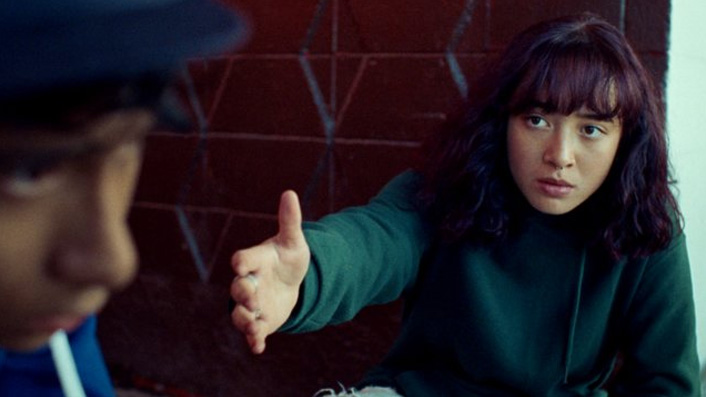
Isaac Knights-Washbourn, director of Money Honey
Describe your film in EXACTLY eight words.
Two young hustlers try to double their money.
What drove you to tell this story?
Money Honey is based on a group of friends that I grew up with in Auckland. I was always impressed by their creativity, their tenacity, and the ways they were able to turn nothing into something. Money Honey is a film about friendship and how we often rely upon these relationships to learn how to survive in the worlds that we have been born into.
What reaction are you hoping to get from audiences?
Money Honey also presents characters that are affected by the housing crisis in New Zealand. I hope that this begins and continues conversations about this issue so that it will not remain hidden. Ultimately, it is that which we keep hidden in our society that is of as much significance as that which we praise.
Can you share your favourite memory during your time making this film?
We shot Money Honey in Balmoral, where I grew up. While shooting we were able to cast some Balmoral locals who were acting for the first time in front of a camera. It is wonderful to be embraced by the local community and I’m thankful for their support. I believe that Dominion Road has a unique personality and is a very special part of Auckland. To capture its diversity on film was very important to me.
What was the last great film you saw?
I saw an amazing film called Bloody Nose, Empty Pockets (Dir: Bill & Turner Ross) at this year’s Berlinale [also playing as part of NZIFF 2020 – Ed.]. It’s about a Las Vagas bar that is about to close its doors for good. It’s an extraordinary world that is presented and is a great example of how cinema continues to evolve, as filmmakers push and blur the boundaries of documentary and narrative filmmaking.
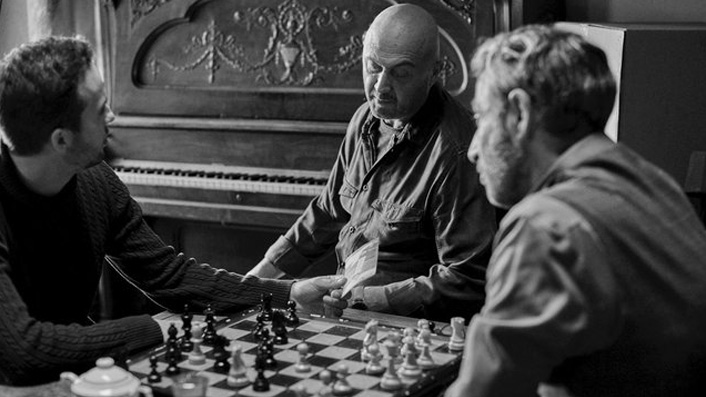
Chelsea Winstanley, director of Forgive Me
Describe your film in EXACTLY eight words.
A forbidden love story in a forbidden place.
What drove you to tell this story?
I met a lovely young gay man in Toronto when I premiered my film Waru in 2017. We had dinner one evening and he told me he could not go back to his country. I naively asked why and when he explained that gay men were hanged for their sexuality in Iran and that his age would mean he would have to serve in the military, I started to think about my own privilege, my own freedom to be able to love who I want and the fact that I never have to worry about taking up arms to serve my country.
I started doing some research and found a beautiful photographic essay about a cafe who decided to shut its doors rather than bow to the government’s demands that they install CCTV cameras. They felt their freedom was under threat so rather than give in to the government, they made a decision to close down. That was the setting to show a forbidden love story.
What reaction are you hoping to get from audiences?
I would like the audience to assess their own sense of freedom and privilege. The theme of love and perhaps the blind obsession that takes over, especially when an affair is involved, is also evident in the film and I would hope an audience feels some empathy for all those involved.
Can you share your favourite memory during your time making this film?
I loved being a director again. Simple. The last shot of the day and thanking my cast and crew who supported me, honestly it made me cry and that is the “why” you should strive to find in life, your purpose. Do the “why” that makes you cry.
What was the last great film you saw?
I adored Parasite and I wholeheartedly believed it deserved to win the Oscar. But two films I recently rewatched that I love oldie but a goodie was Yasujiro Ozu’s Tokyo Story (1953) and Wong Khar Wai’s In The Mood For Love (2000). From a female lens, when Jojo Rabbit was about to shoot, I alerted Taika to Lina Wurtmuller’s film Seven Beauties (1975). Her WWII Nazi story is incredible, the music and opening is stunning and she was the first woman to be nominated for a Best Director Oscar for that film. She’s amazing!


















